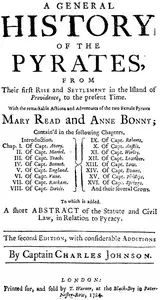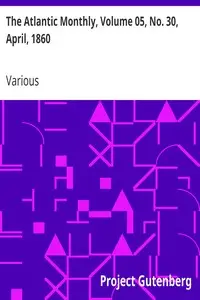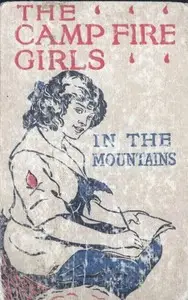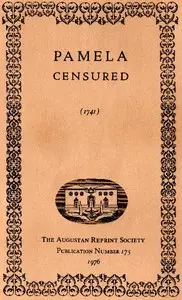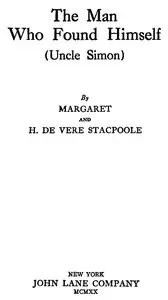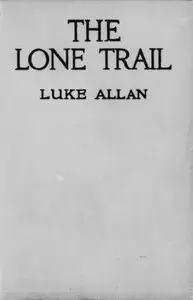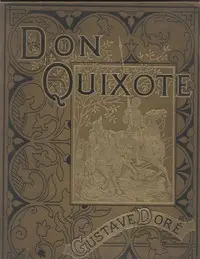"The History of the Devil, As Well Ancient as Modern: In Two Parts" by Daniel Defoe is a historical account likely written in the early 18th century. The work explores the figure of the Devil, tracing his origins and actions from his fall from Heaven to his ongoing influence over mankind. Defoe presents this narrative in a manner that is both serious and satirical, suggesting a complex view of the Devil not just as a force of evil, but also as a subject capable of humor and folly. The opening of the book introduces the author's intent to explore the nature and history of the Devil, challenging preconceived notions that have been formed through cultural fears and religious interpretations. Defoe begins with a reflection on humanity's perception of the Devil, questioning the terror he instills in people's imaginations. He asserts that the real history of the Devil is both necessary and beneficial to understand in order to grasp the motives behind his actions throughout human history. Defoe suggests that although the Devil has been cast in a negative light, his antics can be seen in a more humorous context, setting the tone for a work that delves into serious themes while simultaneously challenging the common depictions of evil. (This is an automatically generated summary.)
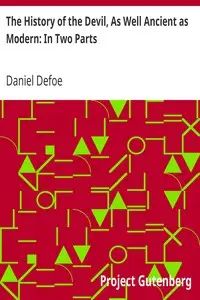
The History of the Devil, As Well Ancient as Modern: In Two Parts
By Daniel Defoe
"The History of the Devil, As Well Ancient as Modern: In Two Parts" by Daniel Defoe is a historical account likely written in the early 18th century. ...
Daniel Defoe was an English novelist, journalist, merchant, pamphleteer and spy. He is most famous for his novel Robinson Crusoe, published in 1719, which is claimed to be second only to the Bible in its number of translations. He has been seen as one of the earliest proponents of the English novel, and helped to popularise the form in Britain with others such as Aphra Behn and Samuel Richardson. Defoe wrote many political tracts, was often in trouble with the authorities, and spent a period in prison. Intellectuals and political leaders paid attention to his fresh ideas and sometimes consulted him.





